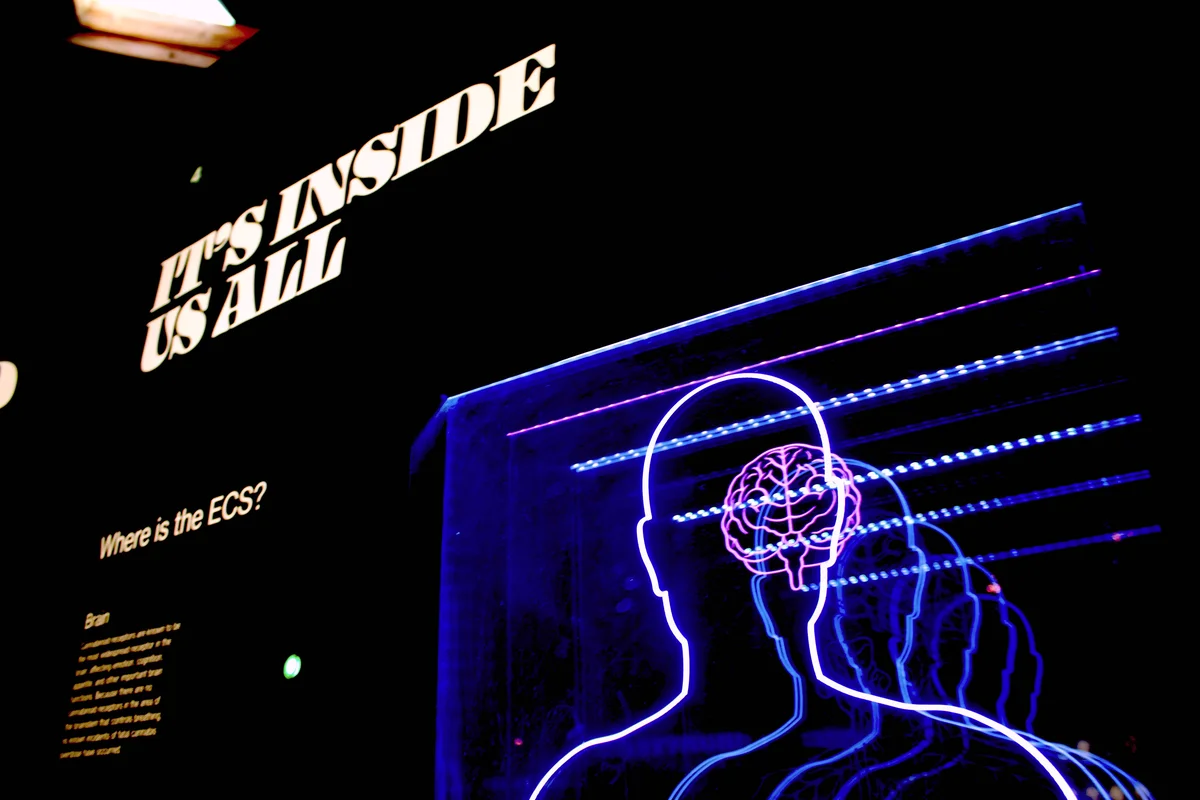Improving Predictive Healthcare with Artificial Intelligence
The advancement of medical understanding and technology has vastly improved the way healthcare is given. In terms of identifying health risks and averting diseases before they occur, there is still a ton of room for innovation. Prevention is better than cure, as has already been saying. Addiction to narcotic drugs, such as opioids and dissociatives, may be extremely harmful and hinder the body’s ability to heal.

However, medical experts have made every effort—and done so with the best of intentions—to assist their patients in becoming healthier. Artificial intelligence is a branch of study that aims to duplicate human skills without the constraints of power, energy, and time. With the use of cutting-edge techniques, IT technologies, and data processing tools, predictions based on data may be made quickly and without human involvement.
In the field of healthcare, predictive analytics boasts various advantages and uses. According to the study, it has significantly contributed to significant changes in the healthcare sector.
AI-Driven Predictive Analysis Helps Practical Clinical Intelligence
As the analytics sector develops, AI is being used more and more to build precise prediction models. As AI becomes more widely used in the healthcare sector, it is helping enterprises in this field realize the full possibilities of clinical decision support and predictive analytics.
The combination of historical and current data in predictive analytics allows for the identification of behavior patterns that virtually precisely predict future events. This is particularly important in the healthcare industry since being prepared for an emergency or critical care (or surgical) situation can enable rapid and wise judgments that can save patients’ lives. In other words, predictive analytics warns physicians and caregivers of impending events and their expected results in advance, assisting in the prevention and treatment of medical problems.
Today’s AI-driven algorithms use real-time and historical data to anticipate events with a high degree of accuracy. Both individual patients’ clinical decision-making and population-level actions can be supported by these predictive algorithms. They can also be utilized to get around administrative and operational challenges faced by hospitals.
It is sufficient to state that predictive analytics focuses on decreasing risks as it is about predicting them, whether the goal is population health management or delivering accountable and cost-effective care.
How Will AI-Driven Innovations Be Applied?
AI assists in identifying potential drug users and lowers the prevalence of addiction. It prevents several people from getting hurt while reducing further medication costs. The following steps would be used to show how AI operations will be applied while developing an AI-driven application from an AI development company:

● Big Data:
Healthcare businesses now operate entirely digitally thanks to intranet apps and electronic health records (EHR). Every patient who enters a hospital has digital records that are accessible at any moment. These facts are essential since they illustrate the patient’s medical background and how they have responded to various treatments. The first step in incorporating artificial intelligence into healthcare will be to gather a huge amount of data on patient records.
In the future, healthcare analytics might benefit greatly from the use of big data indexing techniques and some of the new research being done to locate information in textual domains. Healthcare is one of the biggest and most complicated businesses in the United States, so there is a great demand for the integration of big data analytics. Big Data may provide healthcare organizations with some immediate benefits:
➔ Errors in Medication Prevention:
Healthcare institutions must address the major problem of medication mistakes. Big data lowers these mistakes by reviewing the patient’s information, including all prescriptions provided, and alerting healthcare professionals to any inconsistencies.
➔ Lowering Hospital Appending:
Big data has a lot of potential for healthcare cost reduction. Physician data may be collected and analyzed to improve patient outcomes while cutting expenses for healthcare.
● Predictive Analytics:
Age, gender, and way of life are all connected to a patient’s medical issues. Other people or groups will exhibit similar tendencies, which will be discovered and noted. Analysts and Healthcare App Development Company can help in building good app that help and support medical research. The advantages of this kind of predictive analytics are as follows:
➔ Improve the precision of diagnoses:
This might be demonstrated by putting out an unlikely scenario. When they experience chest pain, patients see their doctors. A decision must be made on whether the patient has to be admitted to the hospital straight away. The reason for the chest pain may change according to the patient’s health. Using prior knowledge about the patient, it is possible to analyze the patient’s health and arrive at a precise diagnosis.
➔ Ahead of time, stop illness outbreaks:
Early intervention can help avoid a number of illnesses and everyday problems. A patient may have signs and symptoms that indicate a dangerous illness. Such indicators can point to an emergency scenario, and preventative healthcare measures can be taken to stop the issue from getting worse.
Using Artificial Intelligence
After extensive data collection and predictive analysis, artificial intelligence-based software applications will be used to finish the procedure. AI may be used in healthcare to forecast new health issues as well as identify ones that are already present. Machine learning algorithms and the evaluation of a wide range of data inputs can assist in identifying possible health problems before a person experiences the first symptoms. The following are some of the most well-liked ways AI may be applied in the healthcare sector:
● Health Monitoring:
Pulse rate and exercise habits can be tracked via wearable health monitors. The user can receive notifications on various statistics, and the same data can be sent to doctors for information on patient behaviors.
● Virtual Nursing Assistants:
It alludes to an avatar that has been pre-programmed to respond to any questions about medicine. Examples of this include Care Angel’s Angel and the virtual nurse assistant named Molly, both of San Francisco.
● Image Analysis:
In comparison to current methods, a machine learning system can interpret 3D scans more than 1,000 times more quickly. Operating surgeons can benefit greatly from this in-the-moment evaluation.
● Management of Medical Records:
The most common use of AI and digital automation is data management. Robots gather, archive, convert, and track data to offer quicker, more trustworthy access.
Wrapping Up!
In conclusion, healthcare professionals and providers are better at their jobs because they are more knowledgeable about the diseases they are treating and the areas they should concentrate on at any particular moment.
This inevitably results in the patient receiving better healthcare since adequate resources will be devoted to their well-being. Healthcare professionals find it simpler to do their jobs, and patients benefit from better, more economical treatment. Contact Quytech and we will give you original, intelligent solutions.




